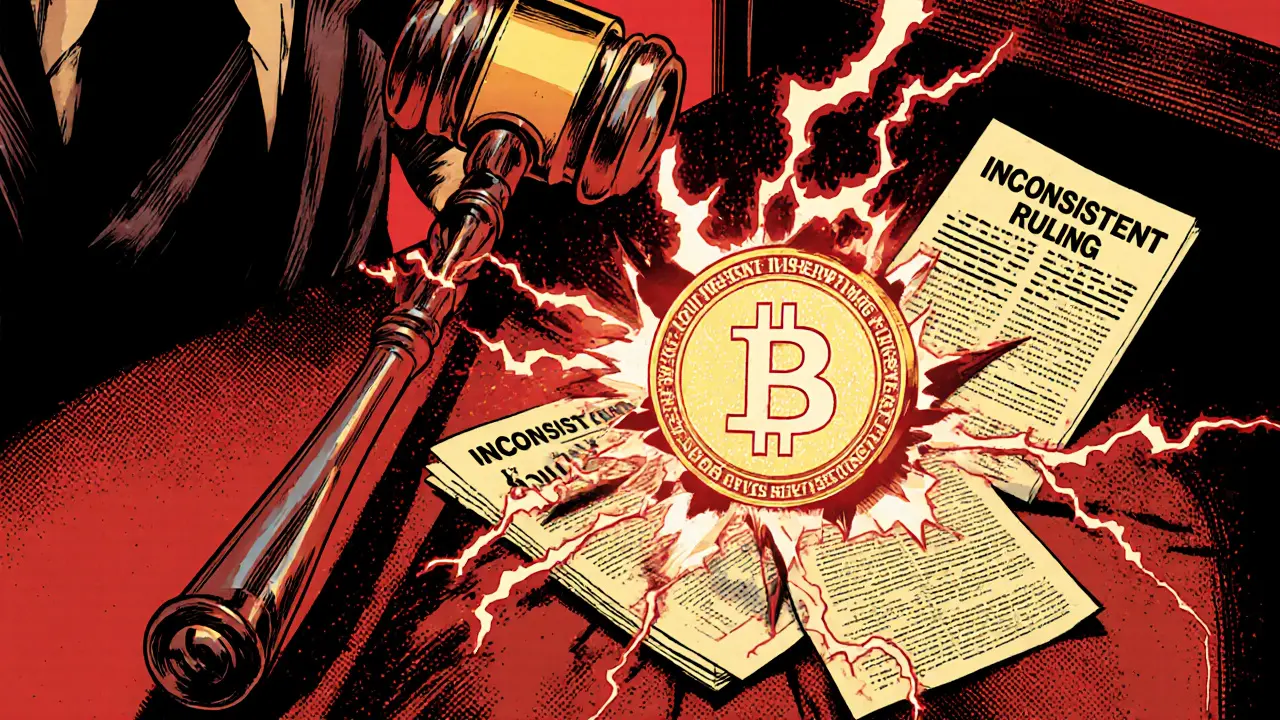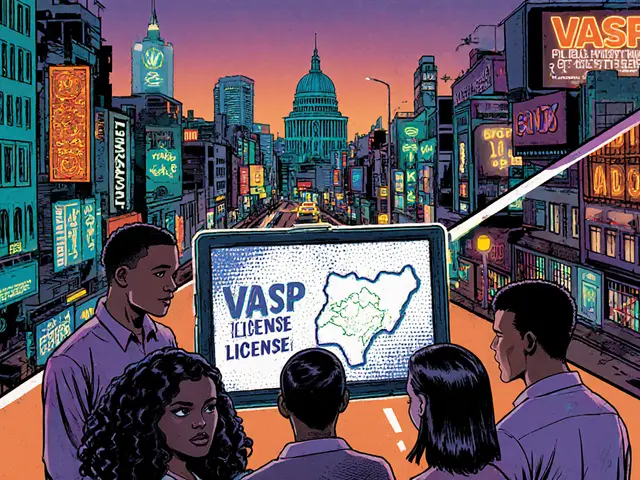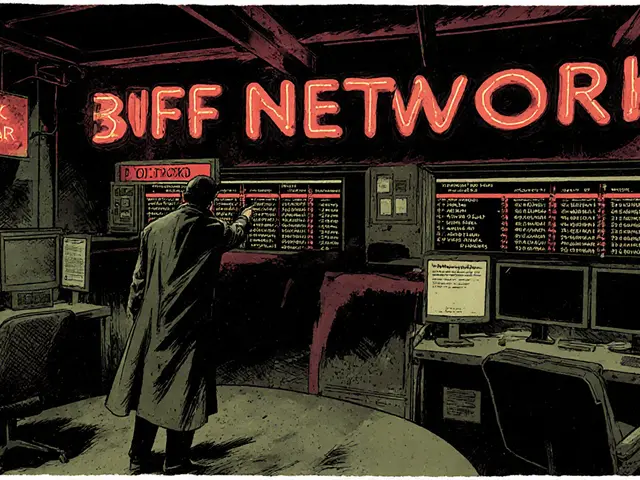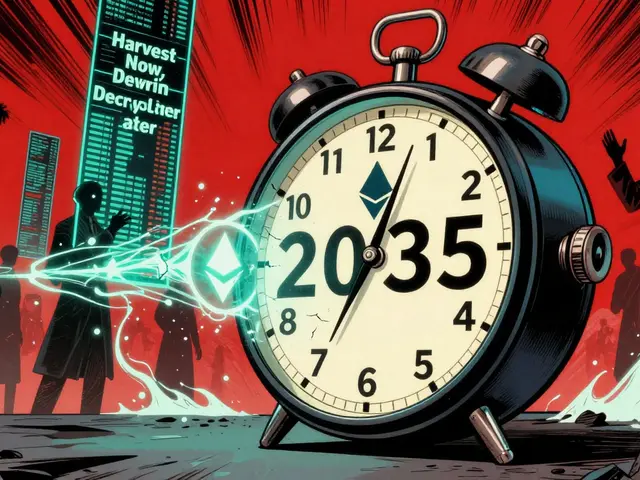SEC Crypto Approvals: What’s Approved, What’s Not, and Why It Matters
When you hear SEC crypto approvals, decisions made by the U.S. Securities and Exchange Commission that determine which digital assets can be traded legally on regulated platforms. Also known as crypto regulatory clearance, these rulings don’t just affect lawyers and Wall Street—they directly impact whether you can buy a Bitcoin ETF through your brokerage or get stuck holding a token that suddenly gets flagged as a security. The SEC doesn’t create crypto rules from scratch. It uses existing securities laws to decide if a digital asset is an investment contract. That’s why some tokens get approved as ETFs while others vanish from exchanges overnight.
One of the biggest wins for the crypto world was the Bitcoin ETF, a regulated fund that tracks the price of Bitcoin and trades like a stock on U.S. exchanges. Also known as spot Bitcoin ETF, it allows investors to gain exposure to Bitcoin without holding the actual coin. Canada led the way in 2021, but the U.S. waited until early 2024. When the SEC finally approved multiple Bitcoin ETFs, it wasn’t because Bitcoin changed—it was because the agency saw enough proof that the market was mature, liquid, and resistant to manipulation. That same logic hasn’t applied to Ethereum yet. Despite its widespread use, the SEC still treats ETH as a security in many contexts, which blocks a spot Ethereum ETF. Meanwhile, security token, a digital asset that represents ownership in a real-world asset like equity, debt, or property and falls under federal securities law. Also known as tokenized securities, they’re the bridge between traditional finance and blockchain. Projects trying to launch these must file with the SEC, go through strict disclosures, and often get stuck in review for years. That’s why most new tokens avoid this path entirely—they’d rather be utility tokens, even if the line is blurry.
The pattern is clear: the SEC approves products it can monitor and control. ETFs? Easy—they’re just funds with clear pricing and custodians. New coins? Risky—unless they’re tied to a proven, centralized issuer. That’s why you’ll find posts here about Canada’s first Bitcoin ETFs, but not about unregistered tokens trying to sneak in as "utility". The collection below digs into what’s actually approved, what’s still in legal limbo, and how these decisions ripple through exchanges, wallets, and your portfolio. You’ll see real examples of tokens that got crushed by SEC actions, ETFs that soared after approval, and how blockchain structures like Merkle trees or modular chains play no role in the agency’s decisions—because they’re not about tech. They’re about money, control, and who gets to sell what to whom.






